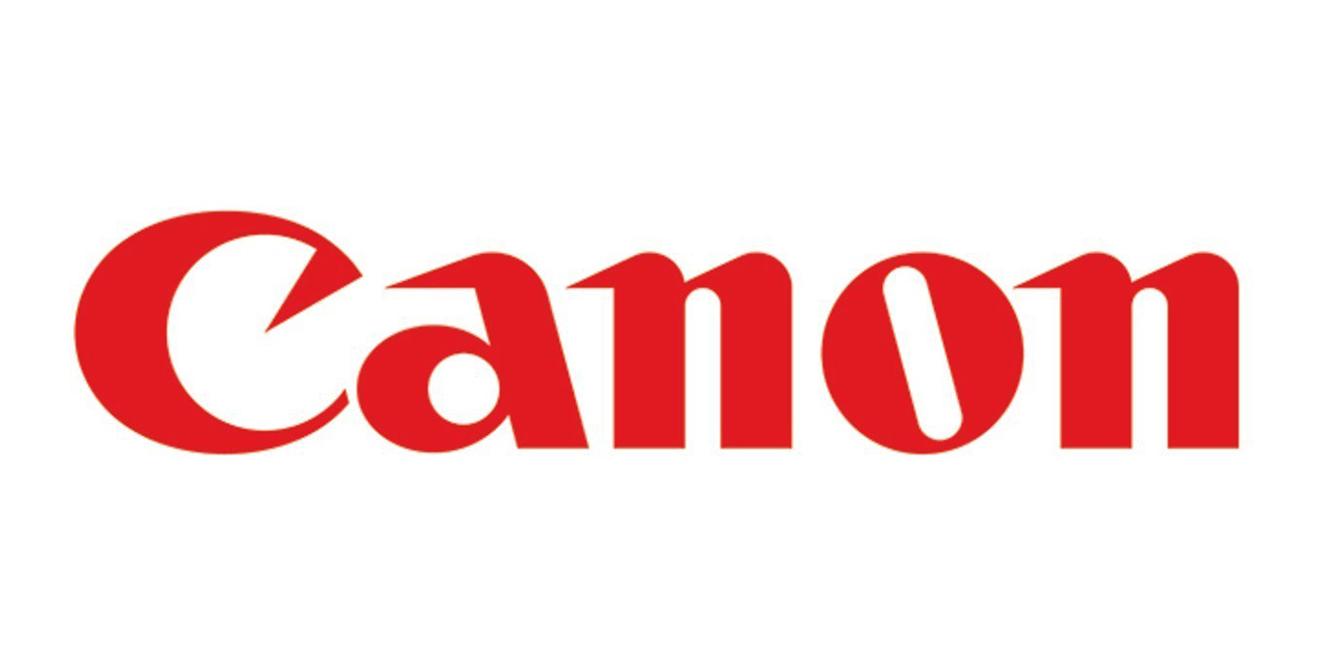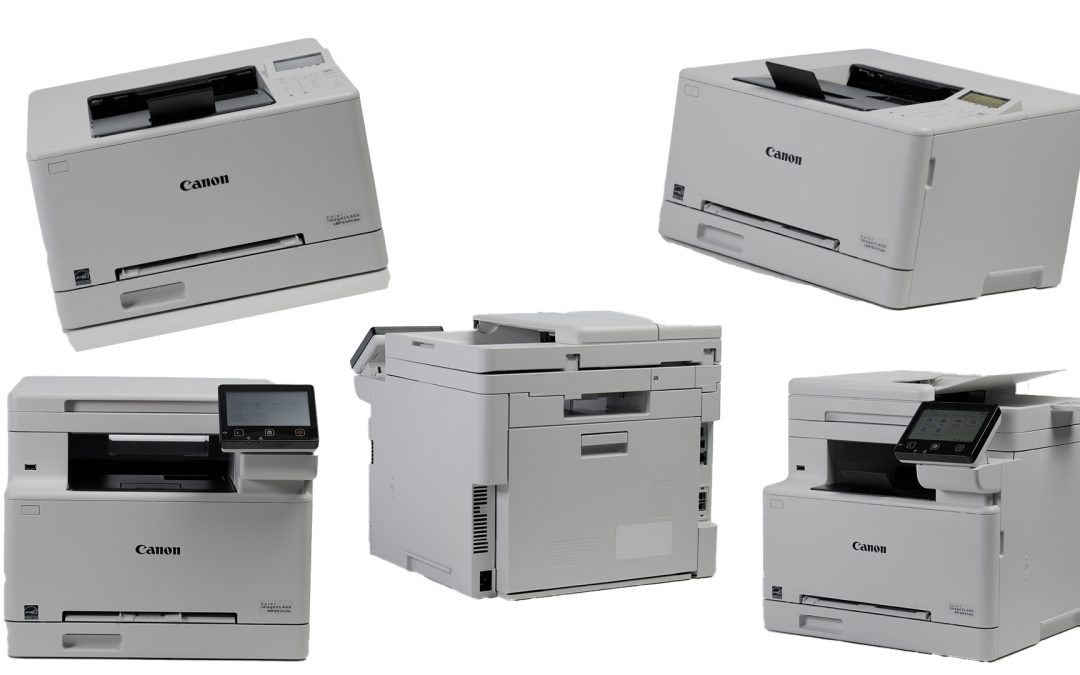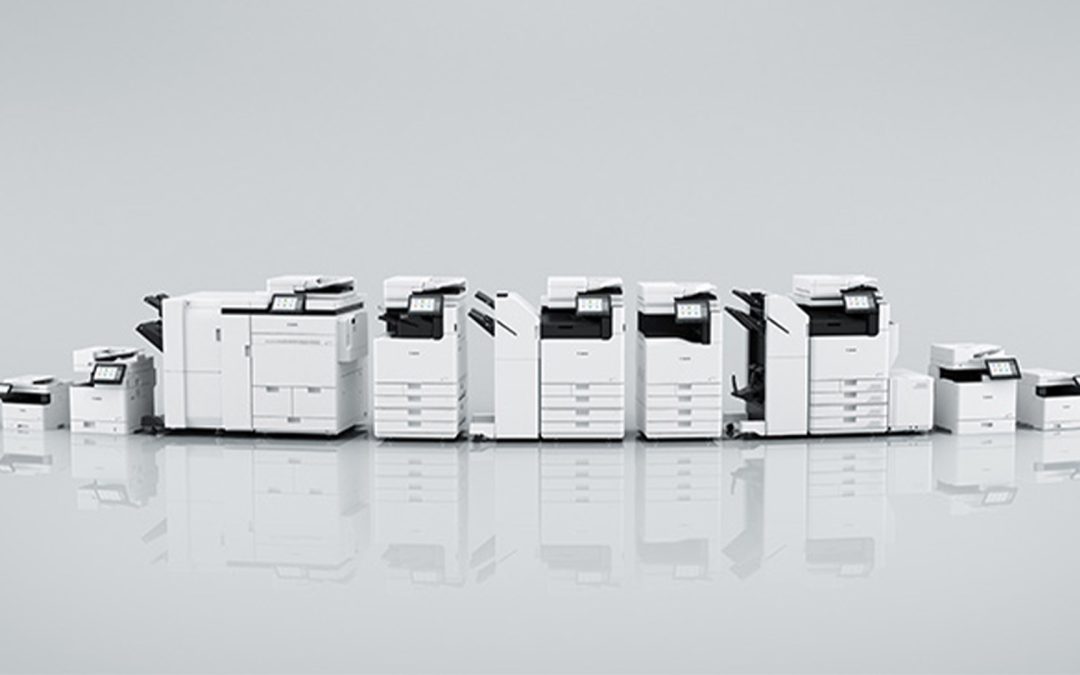 The two OEMs have agreed to pay $2.5 million (€2.2 million) each to settle antitrust charges put against them for failure of notification of the authorities before agreeing a deal for the purchase of Toshiba’s medical device business unit.
The two OEMs have agreed to pay $2.5 million (€2.2 million) each to settle antitrust charges put against them for failure of notification of the authorities before agreeing a deal for the purchase of Toshiba’s medical device business unit.
The Wall Street Journal reports that Canon and Toshiba this week agreed to pay $2.5 million (€2.2 million) each to settle charges brought against them alleging violation of the antitrust laws.
In April 2016, The Recycler reported on the Reuters report which noted that Toshiba was “in a hurry to raise cash before closing its books for the business year”, and was “able to structure the sale […] in an unorthodox way so that it could book” the proceeds of the deal “before the deal had been approved by regulators”. This, the news outlet noted, meant that it could “get a fast and badly-needed infusion of capital at a time when it is concerned about risks of insolvency”, and “looking for money to restructure”.
Fujifilm, which was also part of negotiations to try and buy the unit, commented that if the manoeuvre is “accepted by the authorities, [it] would make a mockery of the law”, adding in a statement that “it is a method that companies like ours, with open, fair and clear policies, could never consider”. Antitrust and accounting experts also called the move “questionable”, but acknowledged that “it probably doesn’t breach any regulations”.
Japanese anti-monopoly law requires a buyer to seek approval from the country’s Fair Trade Commission (FTC) only if they have Y20 billion ($179 million/€159 million) or more in annual sales, but because Toshiba didn’t directly sell the unit to Canon – instead to a “special-purpose vehicle” created “just to conduct the transaction”, the deal could “initially pass under the radar of antitrust authorities”. Canon was also asked to “front up the money” before getting the “green light from regulators”.
The OEM also restructured shares in TMSC before it announced the deal with Canon, separating voting rights from shares “to enable the deal to be structured in this way”, and allowing the new company – MS Holding – to have voting control. CEO Masashi Muromachi commented that the “wonderful proposal” came from Canon, and was vetted with lawyers on both sides beforehand, while Canon acknowledged that “we don’t think this scheme is the best in all circumstances”.
It continued however that “it was important for this deal to be done quickly”, while Muromachi is apparently the subject of replacement discussions within Toshiba, and Reuters added that “engineering the deal in this way creates risks for Canon, as it pays for the assets before it gets control of them”. While the move “may not breach any specific rules”, it does “run against the principle of transparent accounting”.
This week The Wall Street Journal reports that the Justice Department said: “Under a consent decree, the two companies agreed to create a programme for complying with the notification law, known as the Hart-Scott-Rodino Act, and other antitrust laws.”
Talking to The Wall Street Journal, a Toshiba spokesperson commented: “Toshiba has reached a settlement with the DOJ, without any admission of violating U.S. law, after recognizing that an early settlement was the best way forward, and that any dispute with the DOJ and [Federal Trade Commission] would consume the same resources and incur the same costs as civil proceedings.”
The publication also contacted Canon who did not respond to any requests for comment.




















